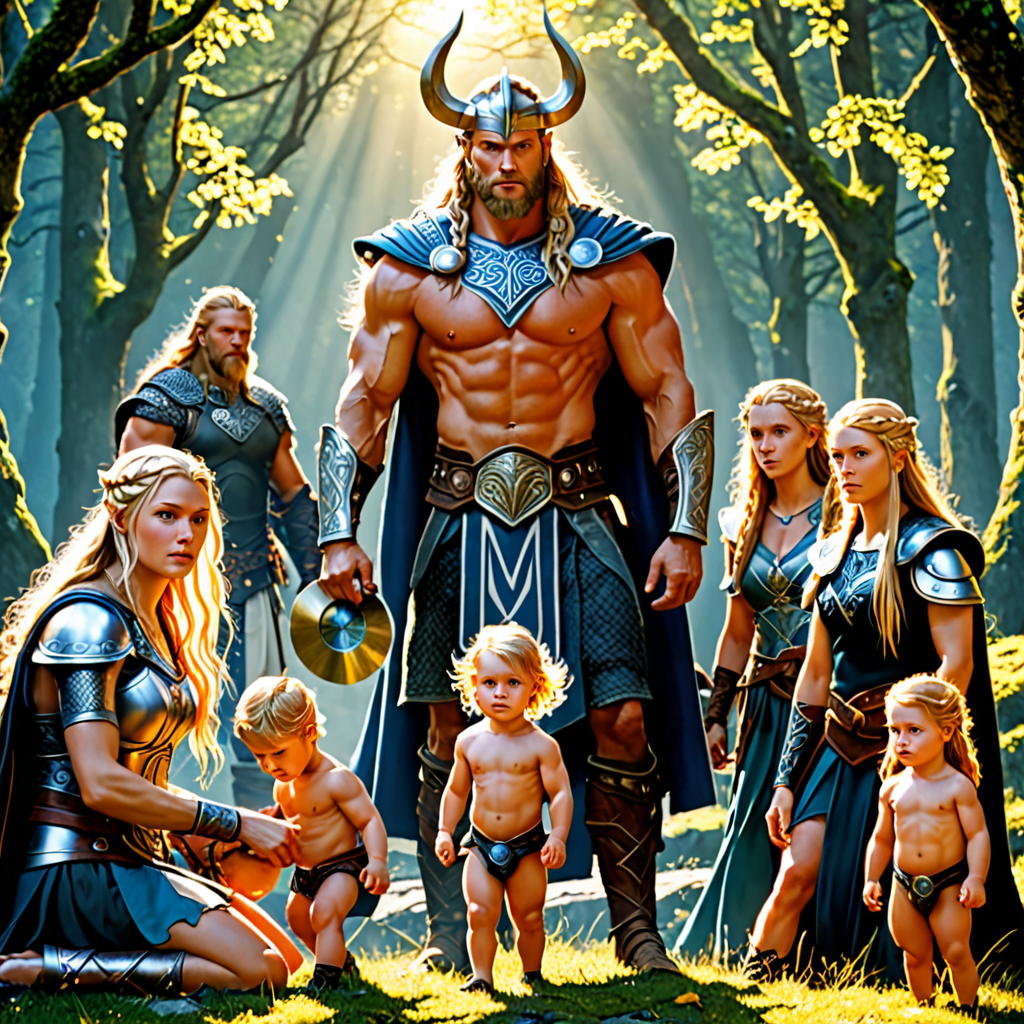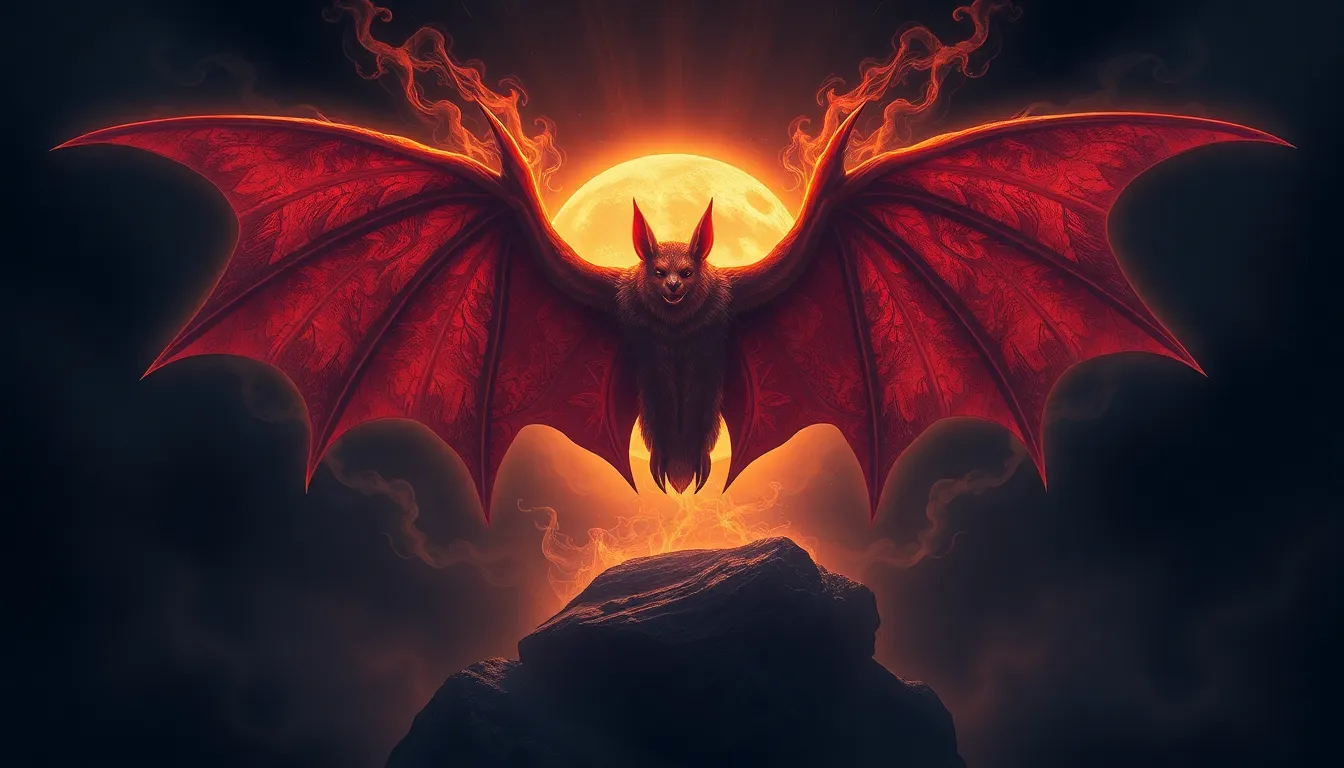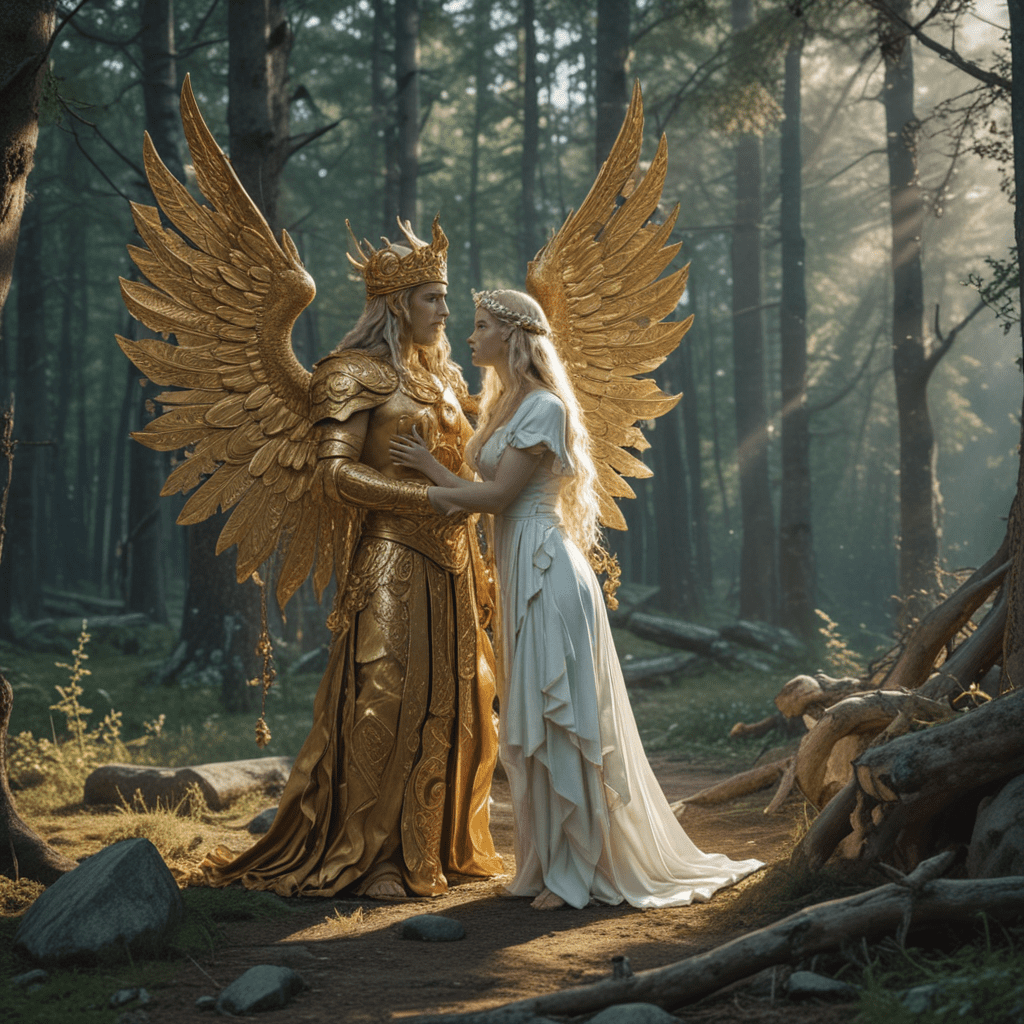The Concept of Family in Norse Mythology
Introduction to Norse Mythology
Norse mythology is a rich tapestry of legends, gods, creatures, and heroes from the pre-Christian Germanic tribes inhabiting Scandinavia. Central to Norse mythology is the concept of family, where familial relationships and dynamics play crucial roles in shaping the narrative and characters within the myths.
The Founding Family: Aesir and Vanir
In Norse mythology, the pantheon of gods is divided into two main groups: the Aesir and the Vanir. The Aesir gods, including Odin, Thor, and Frigg, are associated with war, rulership, and wisdom, while the Vanir gods, like Freyja and Njord, are connected to fertility, nature, and prosperity. The interplay between these two groups reflects the complexity of family relationships in Norse mythology.
Familial Bonds among the Gods
One of the most renowned familial relationships in Norse mythology is that of Odin, the All-Father, and his son Thor, the god of thunder. This father-son dynamic is characterized by mutual respect, protection, and guidance, embodying traditional familial values.
Additionally, the bond between Loki, the trickster god, and his blood brother Odin showcases a different aspect of family ties. Loki’s complex relationship with the Aesir gods demonstrates the nuances of kinship, including love, betrayal, and redemption.
Human Heroes and Their Lineages
In Norse mythology, human heroes also play a significant role, with their family lines often intertwined with those of the gods. Legendary figures like Sigurd the Dragon Slayer and Brynhild share intricate familial connections to the divine realm, blurring the lines between mortals and immortals.
Exploring the family structures and dynamics within Norse mythology provides insights into the values, beliefs, and societal norms of the ancient Norse peoples. From the iconic relationships among the gods to the intertwining destinies of heroes and deities, family remains a central theme that weaves through the intricate tapestry of Norse mythos.

FAQs About The Concept of Family in Norse Mythology
What is the significance of family in Norse Mythology?
In Norse Mythology, family holds immense importance as it shapes the stories of gods, giants, and other beings. Family ties determine alliances, conflicts, and even the fate of worlds in Norse mythology.
Who are some prominent families in Norse Mythology?
One of the most famous families in Norse Mythology is the Aesir family, which includes Odin, Thor, and Loki. The Vanir family, with gods like Freyja and Freyr, is also integral. The giants, like the Johtunn, constitute another significant family group.
How do familial relationships influence Norse Mythological tales?
Familial relationships in Norse Mythology often drive the narrative. For example, Loki’s complicated relationship with his father and his blood brotherhood with Odin plays a crucial role in various myths and events leading to Ragnarok.
What role does kinship play in Norse Mythology?
Kinship, whether through blood ties or sworn oaths like the concept of “foster-brothers,” shapes alliances and enmities among gods, giants, and other beings. It affects the dynamics of power and influences the outcomes of many mythological stories.



